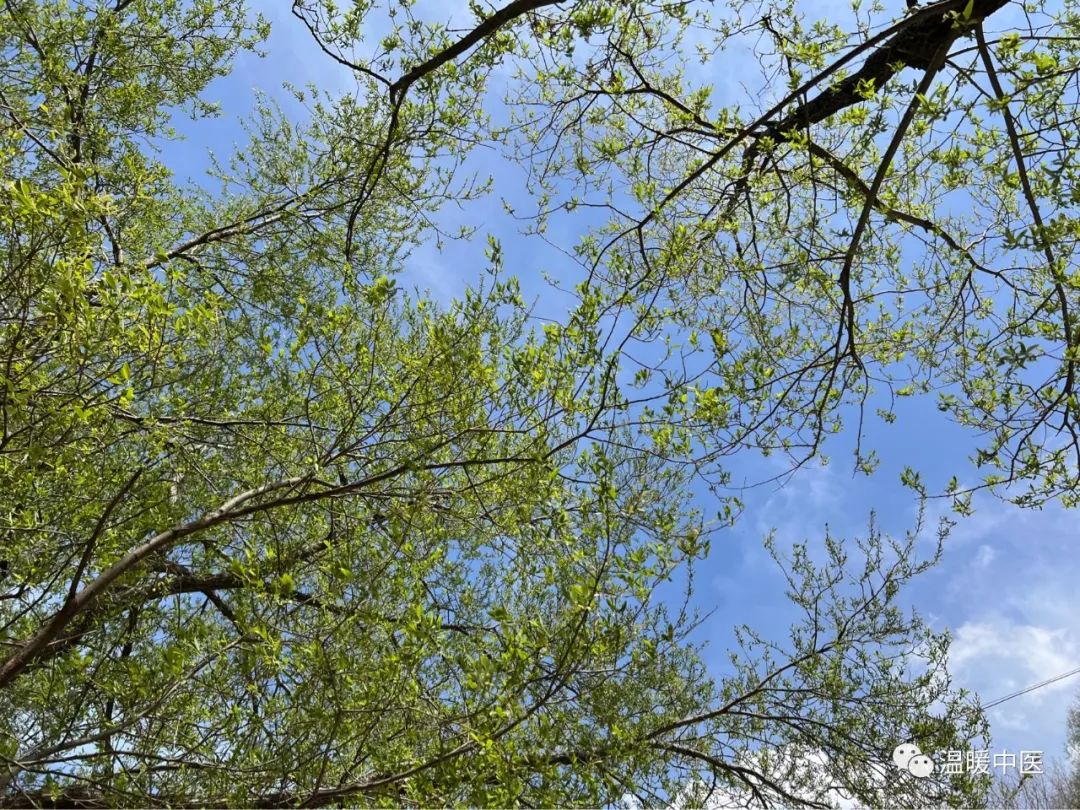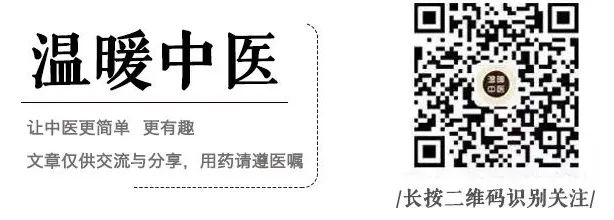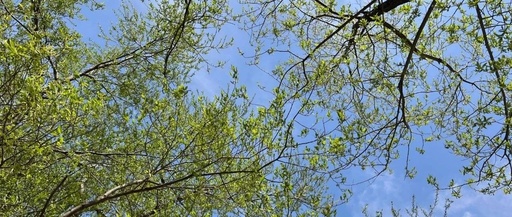
Click the blue text above to follow us

Written by: Warm TCM
Life has great aspirations, and then great achievements follow.
■
Huang Qi (Astragalus) is known as the best herb for tonifying Qi.
Huang Qi is warm in nature and sweet in flavor, indicating its beneficial properties. By understanding the nature and flavor of herbs, we can generally determine their effects. For example, bitter and cold herbs can clear heat and drain fire.
The herb Huang Qi is predominantly yellow, with a white outer layer. According to the theory that yellow enters the spleen and white enters the lungs, we can deduce that Huang Qi primarily acts on the spleen and lungs. When we feel Qi deficiency in the spleen and lungs, simply drinking Huang Qi infused water is sufficient.
Ancient texts provide detailed records of Huang Qi, indicating a profound understanding of this herb in TCM. It is commonly included in various Qi tonifying formulas.
One of the most notable formulas featuring Huang Qi is the Buzhong Yiqi Decoction (补中益气汤).
This formula originated during the Jin and Yuan dynasties and is one of the most representative formulas by Li Dongyuan, commonly used for individuals with Qi deficiency.
Buzhong Yiqi Decoction: Huang Qi (18g), Ren Shen (Ginseng) (6g), Bai Zhu (White Atractylodes) (9g), Sheng Ma (Cimicifuga) (6g), Chai Hu (Bupleurum) (6g), Chen Pi (Dried Tangerine Peel) (6g), Dang Gui (Angelica) (3g), Zhi Gan Cao (Honey-fried Licorice) (9g).
This formula is now available as a patent medicine, making it convenient to take, known as Buzhong Yiqi Wan (补中益气丸).
While we refer to Buzhong Yiqi Wan as a Qi tonifying medicine, it is not entirely comprehensive; it not only tonifies Qi but also lifts Qi.
When is it necessary to lift Qi?
This is particularly important when Qi deficiency is severe.
Qi is meant to rise. To illustrate, we often see various colorful balloons in parks or on the streets. These balloons must be held tightly; if not, they may fly away. As long as they have enough hydrogen, they can float, but without sufficient hydrogen, they cannot rise.
Thus, the premise for Qi to rise is that there must be enough Qi. If Qi deficiency is severe, and there is too little Qi, it will not rise, and in some cases, it may even descend. This leads to a professional term, Qi Sinking (气陷). Qi deficiency does not necessarily mean Qi sinking, but Qi sinking often accompanies Qi deficiency.
As a premier Qi tonifying herb, Huang Qi is essential in such situations.
Ren Shen (Ginseng) is also a highly representative Qi tonifying herb in TCM. Besides tonifying spleen Qi, it can also replenish Yuan Qi (Original Qi), which can be life-saving in critical moments.
Bai Zhu (White Atractylodes) benefits Qi and strengthens the spleen. Qi deficiency often arises from spleen deficiency, as the spleen is the source of Qi and blood production. Ren Shen and Huang Qi can tonify Qi, and when combined with Bai Zhu, these three herbs together can sufficiently replenish Qi.
Chen Pi (Dried Tangerine Peel) excels at regulating Qi. Qi in our body should be in a state of flow, and regulating Qi ensures that this flow remains unobstructed.
Sheng Ma (Cimicifuga) provides an upward force. As the name suggests, Sheng Ma offers a lifting power, meaning this force is directed upwards. When Qi is descending, Sheng Ma pulls it upwards.
Additionally, Chai Hu (Bupleurum) is often mentioned in formulas for soothing the liver. Why soothe the liver? Because liver Qi can become stagnant and fail to rise. Chai Hu helps to elevate liver Qi, restoring its natural upward movement. It is evident that Chai Hu indeed has a lifting effect. Li Dongyuan once said: “Chai Hu rises and can guide the middle Qi upwards.” Chai Hu directs Qi to the sides of the ribs, while Sheng Ma takes over from there, much like a relay race.
When combined, Sheng Ma and Chai Hu can amplify the lifting power.
Dang Gui (Angelica) nourishes blood; Qi and blood are inseparable, which is easy to understand.
Qi deficiency primarily manifests as fatigue, shortness of breath, low voice, and easy sweating.
Qi sinking presents as a feeling of heaviness in the lower abdomen, chronic diarrhea, as well as conditions like gastric ptosis, eyelid drooping, mouth corner drooping, and uterine prolapse. This indicates a shift from the intangible Qi to tangible organ changes.
Moreover, individuals with Qi sinking often experience symptoms of Qi deficiency, such as fatigue, shortness of breath, low voice, and easy sweating.
During treatment, it is essential to also focus on tonifying Qi, and at this time, Buzhong Yiqi Wan can be taken, which is a common remedy.
When we learn to integrate knowledge, we will know how to take measures when faced with health challenges, and we can’t help but marvel that the solution is right beside us.
Copyright Notice
This article was first published on the WeChat public account Warm TCM. All rights reserved. Any infringement will be pursued!


